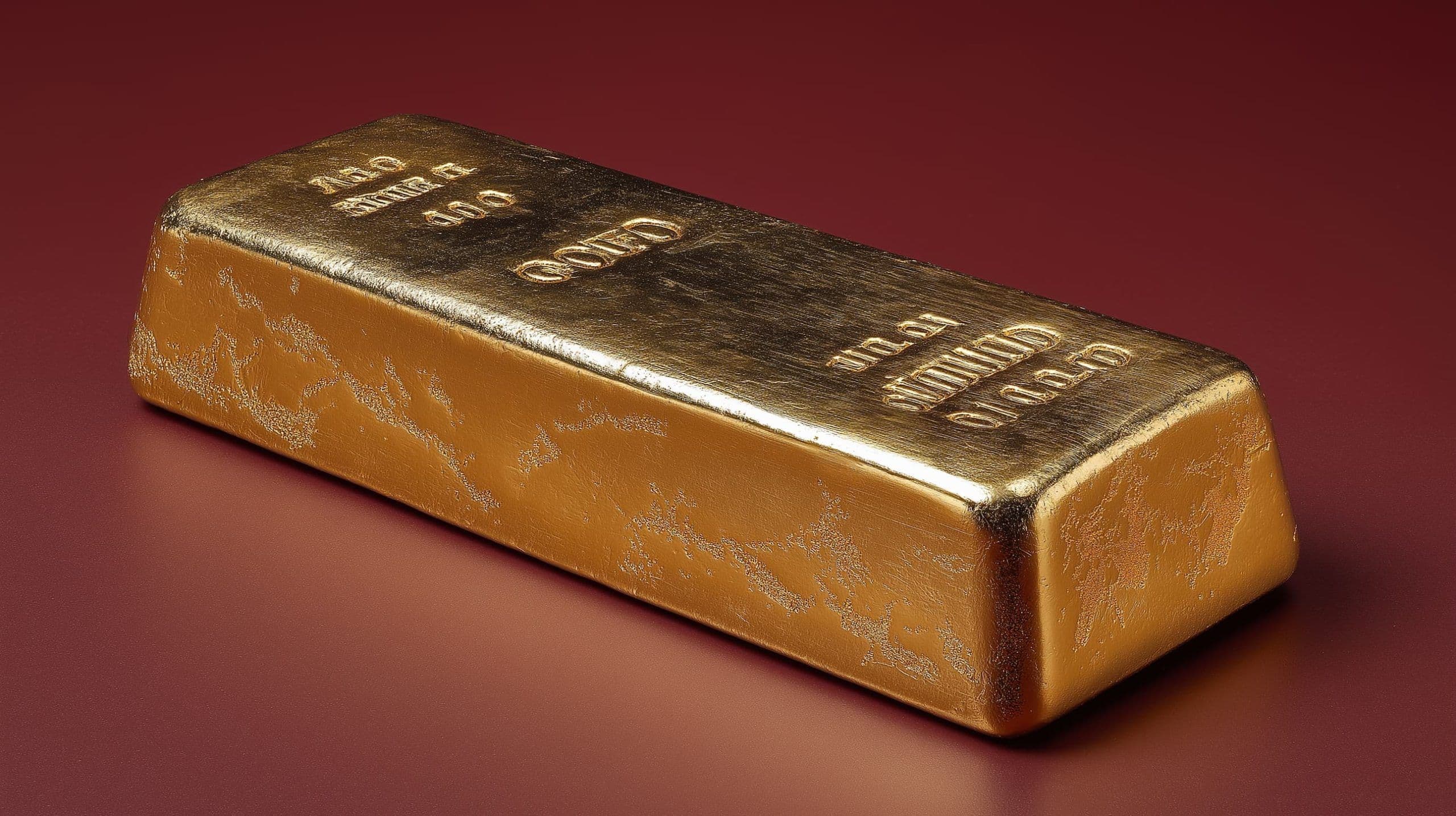We're loading the full news article for you. This includes the article content, images, author information, and related articles.
The price of gold has reached an unprecedented high, exceeding $4,000 per ounce, driven by escalating global economic and political uncertainties. This surge impacts Kenyan investors and the Central Bank's ongoing considerations to diversify its foreign exchange reserves.

The international price of gold has soared past $4,000 (approximately KES 620,000) per ounce, marking a significant rally as investors worldwide seek safe-haven assets amidst a climate of economic and political instability. This surge represents the largest rally since the 1970s, with prices increasing by about a third since April, following the imposition of tariffs by the former US President Donald Trump, which disrupted global trade.
A key factor contributing to investor anxiety is the delayed release of crucial economic data, partly due to a recent US government shutdown. Analysts suggest this development could influence public debate and policy execution, with stakeholders calling for clarity on timelines, costs, and safeguards.
Gold has historically been considered a reliable store of value, particularly during periods of economic uncertainty and high inflation. Its price is influenced by various macroeconomic factors, including interest rates, inflation, and currency fluctuations. In Kenya, the gold market is not isolated from these global trends, with international events significantly impacting local prices.
The Central Bank of Kenya (CBK) has been actively exploring the possibility of increasing its gold reserves as part of a broader strategy to diversify its financial assets and reduce reliance on the US dollar. As of early 2025, Kenya's official gold reserves stood at approximately 0.02 tonnes (20 kilograms), a modest amount that has remained largely unchanged since 2000.
Kenya's Mining Act of 2016 acknowledges the importance of the artisanal and small-scale mining (ASM) sector to the national economy. However, formalisation of the sector has been slow. The government had previously imposed a moratorium on new mining and exploration licenses in November 2019 to streamline the industry and map out mineral resources. This moratorium was lifted on October 3, 2023.
The CBK's consideration of adding gold to its reserves aligns with ongoing legislative efforts to formalise Kenya's gold sector. Parliament is currently reviewing a bill to establish a Gold Processing Corporation, which would oversee and streamline the country's gold trade. This initiative aims to boost local gold production and curb illicit outflows.
The artisanal and small-scale gold mining sector in Kenya plays a vital role in the livelihoods of thousands, particularly in western Kenya near Lake Victoria, where gold ore is abundant. An estimated 250,000 miners are involved in ASGM, a number that continues to grow. While providing critical income, miners often face dangerous conditions and use toxic substances like mercury, leading to health and environmental concerns.
Local artisans and mining cooperatives have welcomed the CBK's expanded gold purchase program, which aims to buy more gold directly from local miners. This initiative is expected to provide a ready and fair market for their gold products, potentially improving livelihoods and formalising aspects of the artisanal mining sector.
While gold is a strategic store of value, its price is subject to volatility. The reliance on mineral exports, particularly gold, also highlights the need for economic diversification and industrial transformation in Eastern Africa. For Kenya, increasing gold reserves could hedge against currency volatility and strengthen financial stability, but experts caution about price volatility and liquidity challenges.
The specific timeline for the CBK to acquire gold as part of its reserve assets remains unknown. While a dedicated team is assessing the feasibility, no concrete action has been announced. The quantity and quality of local gold resources, as well as the strategic advantages of holding gold, are key areas of assessment.
The CBK has commissioned a team to assess the feasibility of acquiring gold as part of the nation's reserve assets. This assessment will focus on local gold resources and the strategic benefits of holding gold. Parliament continues to review a bill for a Gold Processing Corporation.
Observers will be keenly watching for updates from the Central Bank of Kenya regarding its gold acquisition strategy and any progress on the proposed Gold Processing Corporation bill. The impact of global economic and geopolitical developments on gold prices will also remain a critical factor for both investors and policymakers in Kenya.
Keep the conversation in one place—threads here stay linked to the story and in the forums.
Sign in to start a discussion
Start a conversation about this story and keep it linked here.
Other hot threads
E-sports and Gaming Community in Kenya
Active 9 months ago
The Role of Technology in Modern Agriculture (AgriTech)
Active 9 months ago
Popular Recreational Activities Across Counties
Active 9 months ago
Investing in Youth Sports Development Programs
Active 9 months ago